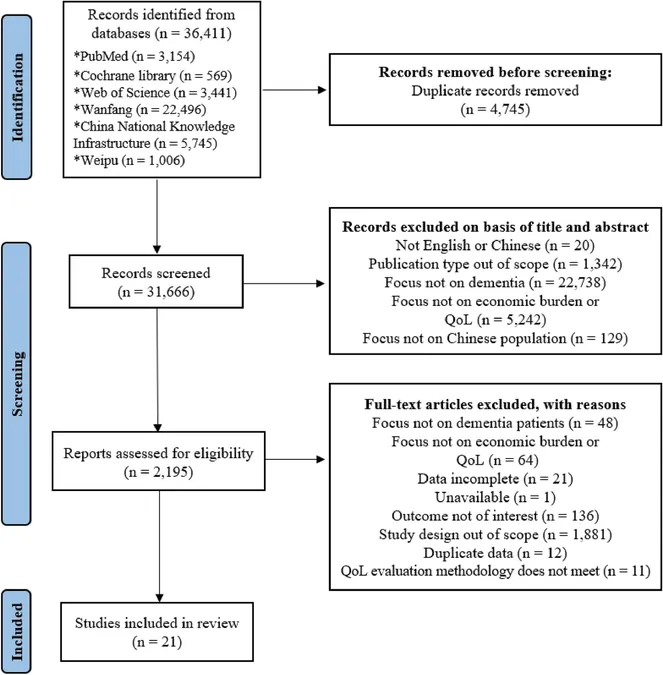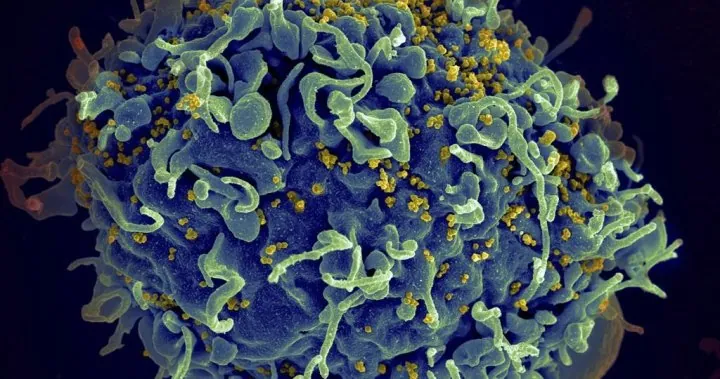
Unlocking the Secrets of Dreams: Why We Dream and What It Means for Us
2024-09-27
Introduction
Dreams have long captivated human fascination, serving as windows into our unconscious minds and even our daily concerns. Yet, the true purpose and significance of our nighttime reveries remain shrouded in mystery, sparking debate among scientists and psychologists alike.
Historical Perspectives on Dreams
Some years back, I was a guest on a prominent television program where I learned that certain topics, like dreams, were considered taboo by some viewers—seen almost as manifestations of evil. This belief might seem archaic now, especially when we consider the strides made in understanding dreams through science. Once viewed solely through the lens of Freud's psychoanalytic theory—which proposed that dreams contain hidden meanings and symbols—modern research has categorized dreaming as a neurological phenomenon related to various sleep stages, particularly REM (Rapid Eye Movement) sleep.
Scientific Insights into REM Sleep and Creativity
Neuroscientists have established a connection between REM sleep, emotional memory consolidation, and creativity. It is during this stage that the brain acts like a complex problem-solving center, perhaps even leading the dreamer to unique insights. Notable scientific breakthroughs have happened after a night’s sleep, with famed chemist August Kekulé famously dreaming of 'whirling snakes,' which inspired the structure of benzene, and Dmitri Mendeleev reportedly dreaming of the periodic table's arrangement. These instances highlight how dreams can facilitate the integration of new ideas, pushing the boundaries of our creativity.
Different Theories on the Purpose of Dreams
However, not all theories about dreams agree on their utility. The 'threat simulation hypothesis' posits that dreams act as a rehearsal for real-life dangers. This theory underscores our instinctual need to respond to threats, evolving from our ancestors' experiences in hazardous environments. The emotional catharsis that comes from confronting our fears within dreams may serve a vital purpose, akin to experiencing the tragedies of Greek theater.
Another prominent theory, the activation-synthesis hypothesis proposed by Harvard's Allan Hobson, suggests that dreams arise from random brain activity during REM sleep—basically a chaotic mix of memories and sensations. Though this raises questions about the coherent storylines seen in many dreams, there is ongoing research showing that targeted stimulation of the brain can result in vivid dream experiences.
Freud's Legacy in Dream Interpretation
But where do Freud's ideas fit into this modern landscape? Many practitioners still recognize the depth of unconscious processes reflected in dreams, interpreting them as significant snapshots of our innermost thoughts and feelings. These dreams provide fertile ground for introspection and self-discovery. Researchers from the Université de Montréal found that exploring dreams in a therapeutic setting can foster better self-awareness and insights.
Conclusion: The Journey into Dream Understanding
With the growth of neuroscience and psychology, the conversation about dreams has evolved—ranging from viewing dreams as mere neurological flukes to appreciating their profound implications for mental health. My own experience in clinical psychiatry supports the belief that engaging with our dreams can lead to a deeper understanding of ourselves and the problems we face, rather than merely masking symptoms through medication or behavioral therapy.
As we delve into our dreams, we access layers of consciousness that can guide our self-improvement. Listening to what our dreams convey can sometimes yield wisdom that surpasses our conscious mind. The next time you wake from an unusual dream, consider it a chance to explore the uncharted territories of your psyche and expand your understanding of who you are. The magic and mystery of dreams are not only captivating; they may hold essential clues for personal growth and healing.









 Brasil (PT)
Brasil (PT)
 Canada (EN)
Canada (EN)
 Chile (ES)
Chile (ES)
 España (ES)
España (ES)
 France (FR)
France (FR)
 Hong Kong (EN)
Hong Kong (EN)
 Italia (IT)
Italia (IT)
 日本 (JA)
日本 (JA)
 Magyarország (HU)
Magyarország (HU)
 Norge (NO)
Norge (NO)
 Polska (PL)
Polska (PL)
 Schweiz (DE)
Schweiz (DE)
 Singapore (EN)
Singapore (EN)
 Sverige (SV)
Sverige (SV)
 Suomi (FI)
Suomi (FI)
 Türkiye (TR)
Türkiye (TR)